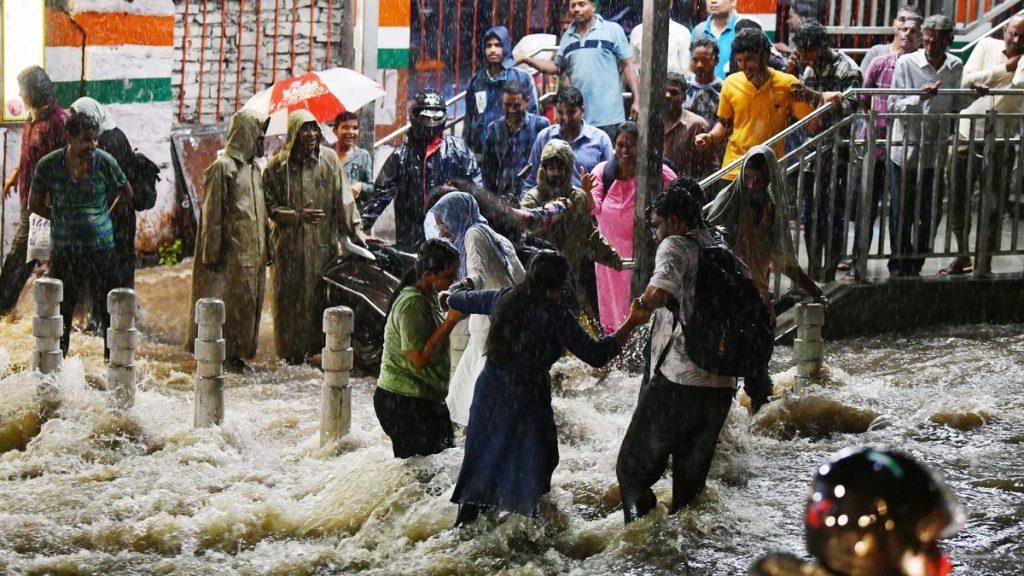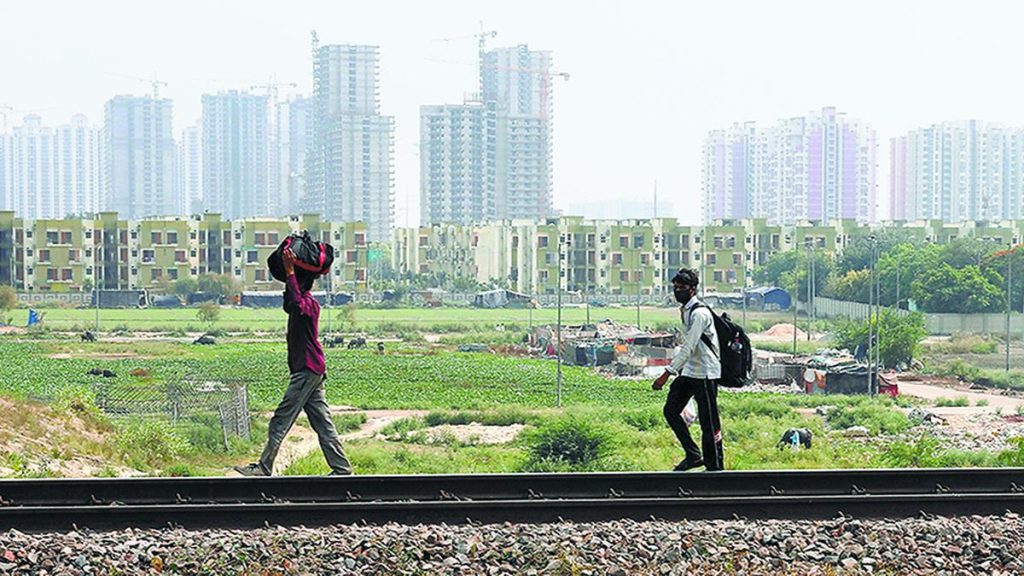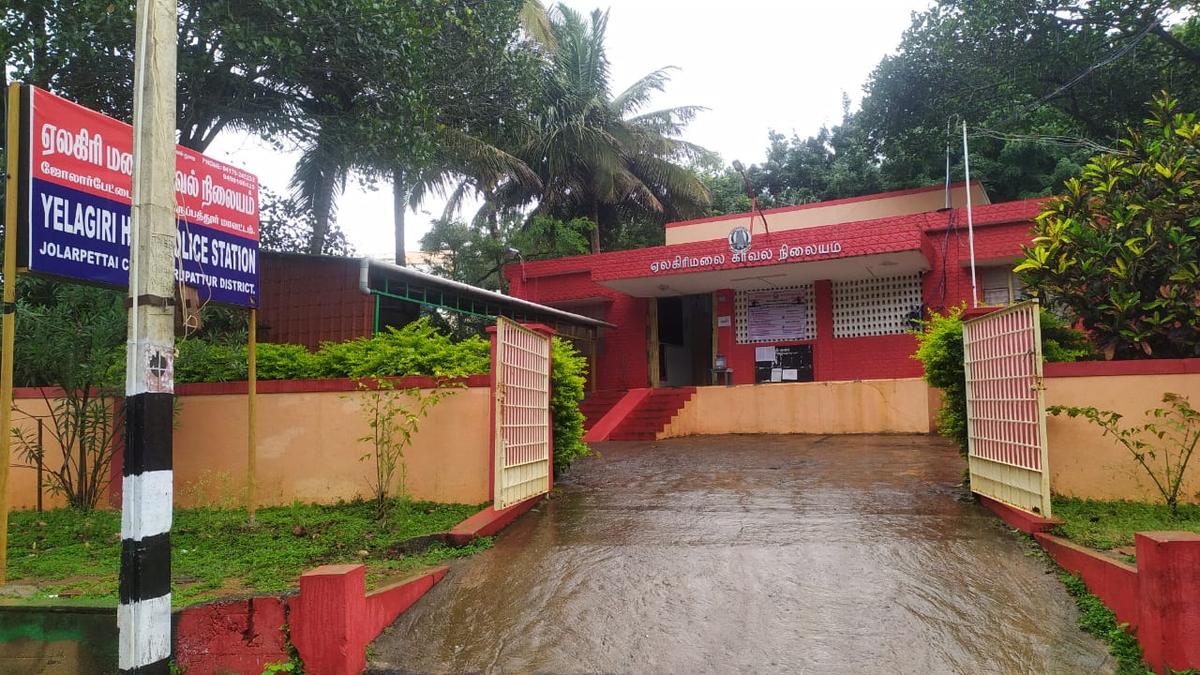Now Reading: Kaleshwaram Project Could Strain State Finances Even After Completion: CAG
-
01
Kaleshwaram Project Could Strain State Finances Even After Completion: CAG
Kaleshwaram Project Could Strain State Finances Even After Completion: CAG

Speedy Summary
- The kaleshwaram Lift Irrigation project (KLIP) could significantly impact the StateS financial health due to its high costs and debt servicing requirements.
- Comptroller and Auditor General (CAG) reported that ₹1,41,544.59 crore woudl be needed over 14 years for debt servicing of the project, requiring annual payments between ₹712.44 crore to ₹14,462.15 crore.
- Loans raised for the project total ₹87,449.16 crore; repayments have begun with interest totaling ₹22,511.98 crore and principal repayments of ₹8,324.96 crore completed so far.
- Remaining dues include a principal amount of ₹63,388 crore and interest amounting to ₹43,883 crore-totaling approximately ₹1.07 lakh crore.
- High-interest loans from institutions like PFC and REC (above 10%) add to repayment challenges; debt tenure will mostly end by fiscal year 2034-35.
- Project cost escalated from initial estimates of ₹63,352 crore to about ₹1.02 lakh crore-a rise of ~61%, which the CAG deemed abnormal.
- power consumption connected with KLIP is notable: Energy costs are estimated at around ₹9,400+ crores annually based on correct electricity tariff calculations by CAG rather than underestimates in original projections (~₹4,148 crores).
- The CAG criticized irregularities in planning: The Congress Government had previously awarded works before Detailed Project Report (DPR) approvals were finalized.
Indian Opinion Analysis
The findings outlined by the comptroller and Auditor General highlight critical concerns about KLIP’s financial sustainability as well as governance processes throughout its planning phases. Excessive cost escalation beyond typical norms suggests inadequate foresight or mismanagement during project execution stages-an issue compounded by higher loan interest rates impacting long-term repayment obligations severely.
The recurring necessity for high levels of funding may strain already scarce state resources over a prolonged period until 2034-35 unless alternative revenue mechanisms or funding arrangements are introduced to mitigate pressure on exchequer finances.
Furthermore implications extend beyond fiscal impacts – KLIPs operational inefficiencies found via projected flawed calculation among attached dependencies i.e stakes broader national water-energy complexity indirectly risks enduring support pathways longer periodic correcting misconceived spending patterns evidenced prevalent knowledge new !

























